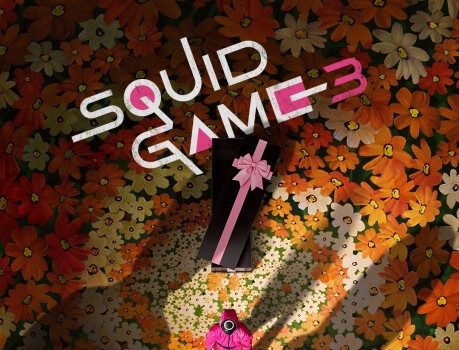Join the Discussion
Latest News
Most Popular

Choo Young Woo's Honest Confession About His Scandal Is Now Dividing K-Netz Online

'Surely Tomorrow' Sparks Outrage as Controversial Scenes and Low Ratings Pile Up

Honey Lee's Business Controversy Deepens as Police Send Case to Prosecutors

Go Joon Hee Reveals the Moment She Confronted a Co-Star Who Blamed Others for Her Mistakes

Lee Soon-jae's Last Request Before His Death Is So Heartbreaking It Left the Studio Silent







